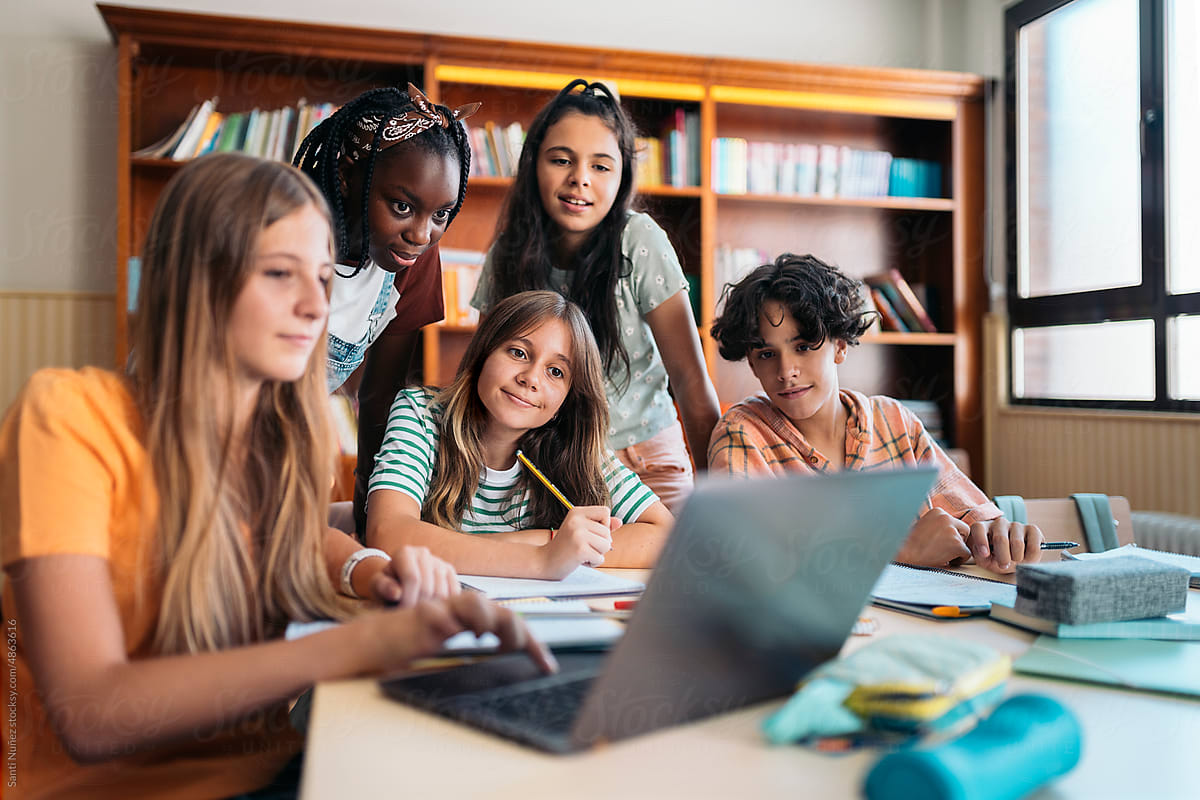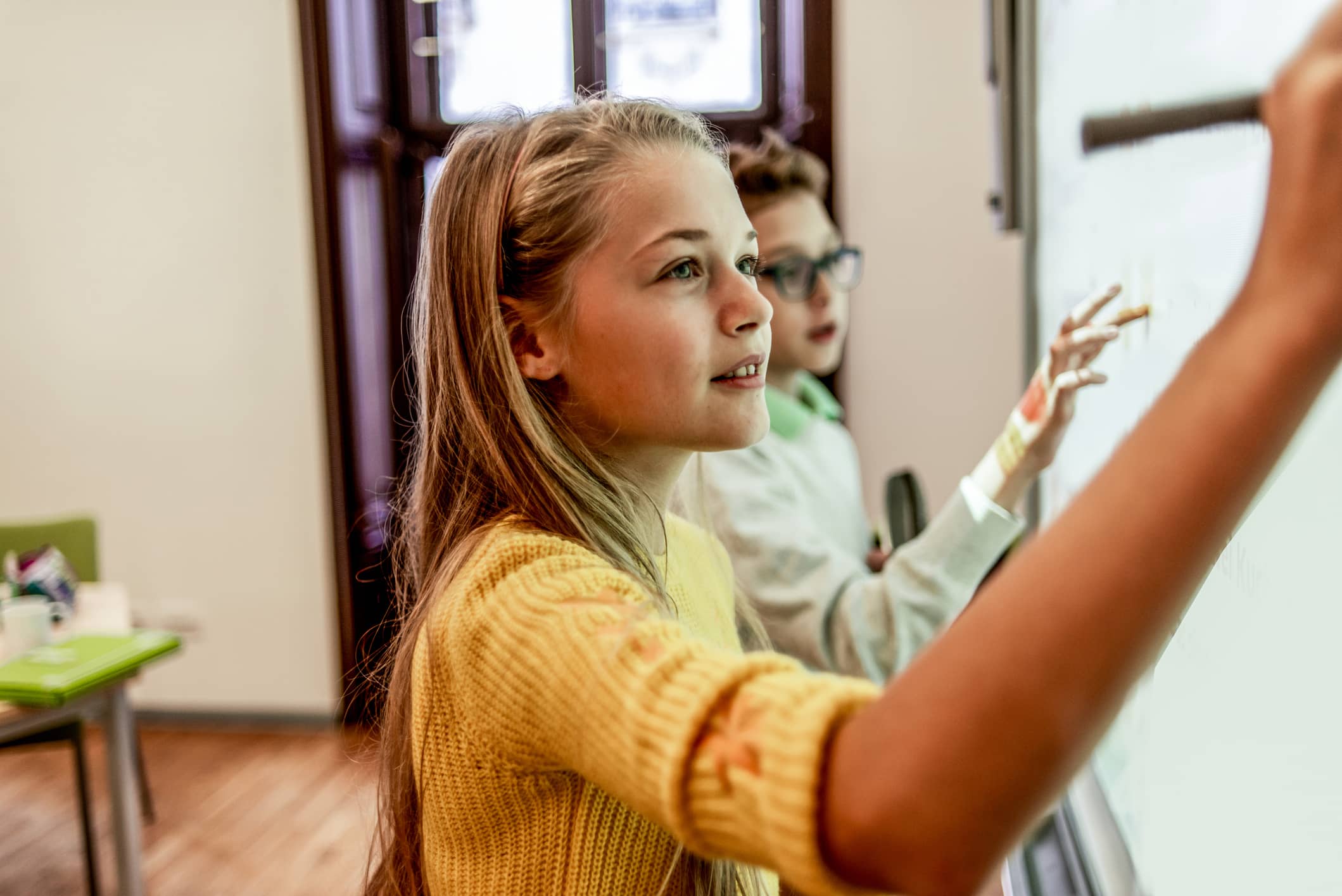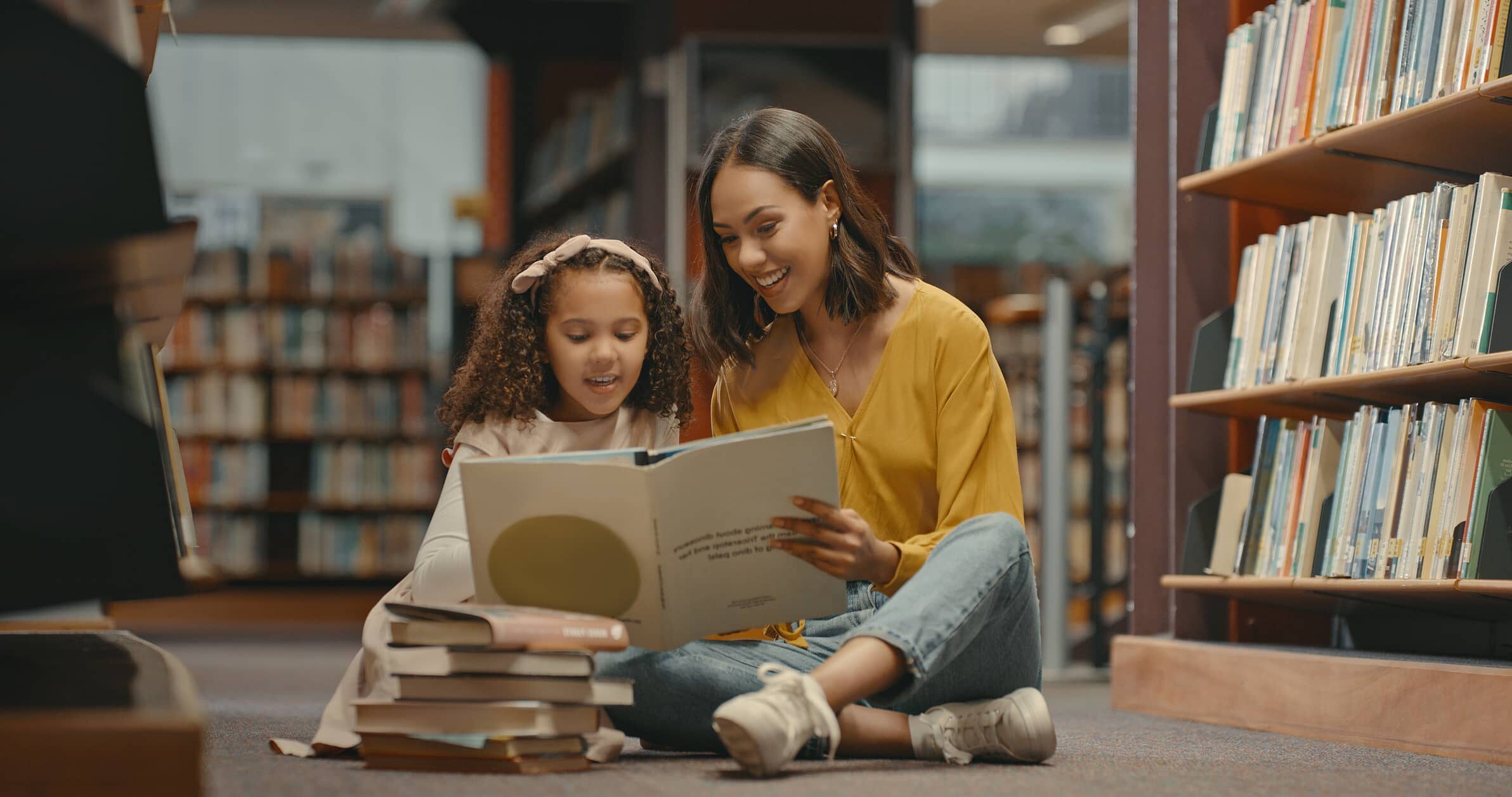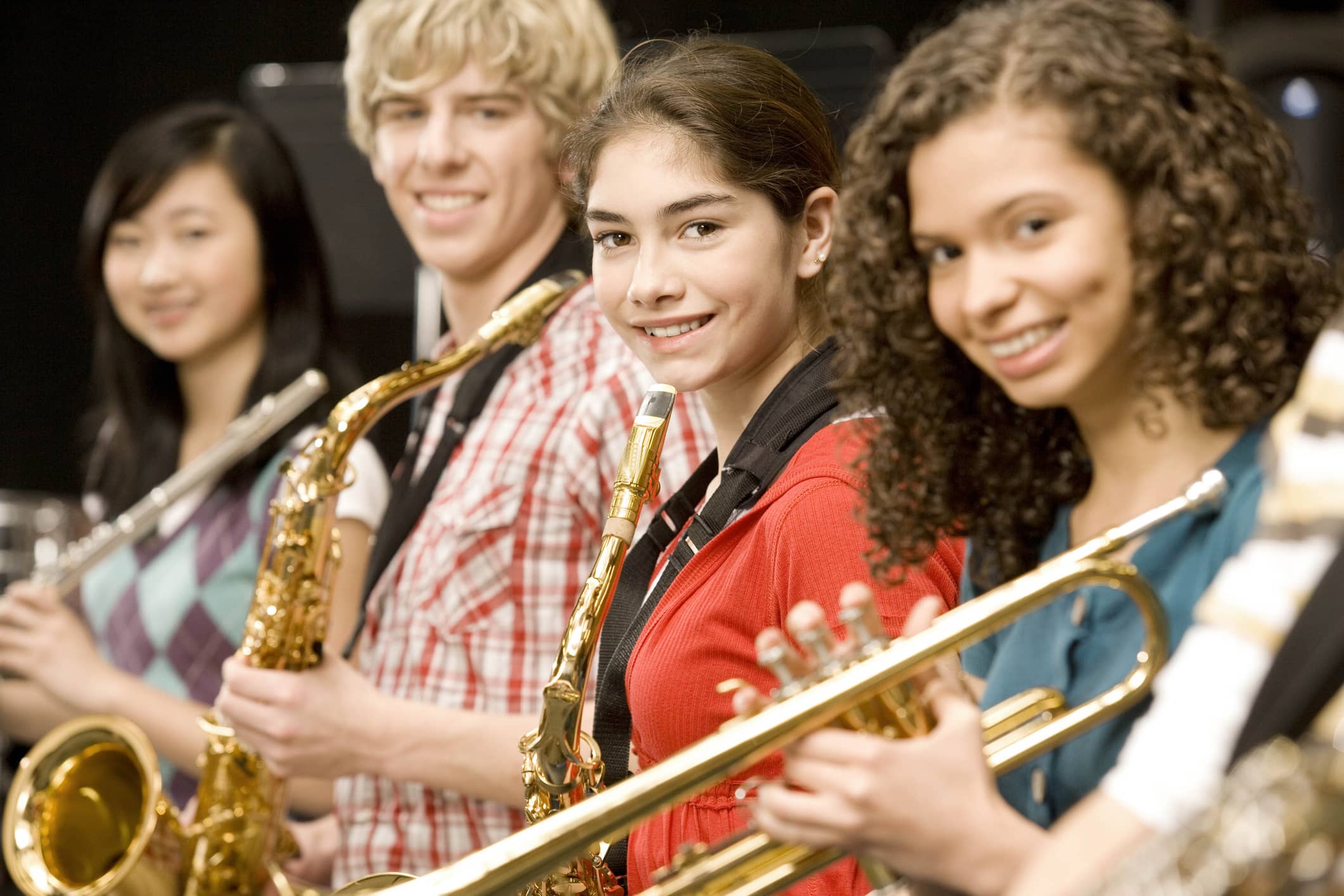Our Grantmaking in Education
We fund a variety of educational entities—public, private, K–12 schools, community colleges, four-year colleges and universities, and nonprofits with programming aligned with our focus areas and strategies.

Our Priorities in Education
To achieve the greatest impact, we make grants across these eight focus areas to empower individuals to pursue education regardless of their age, the institution type, or their life experience.









